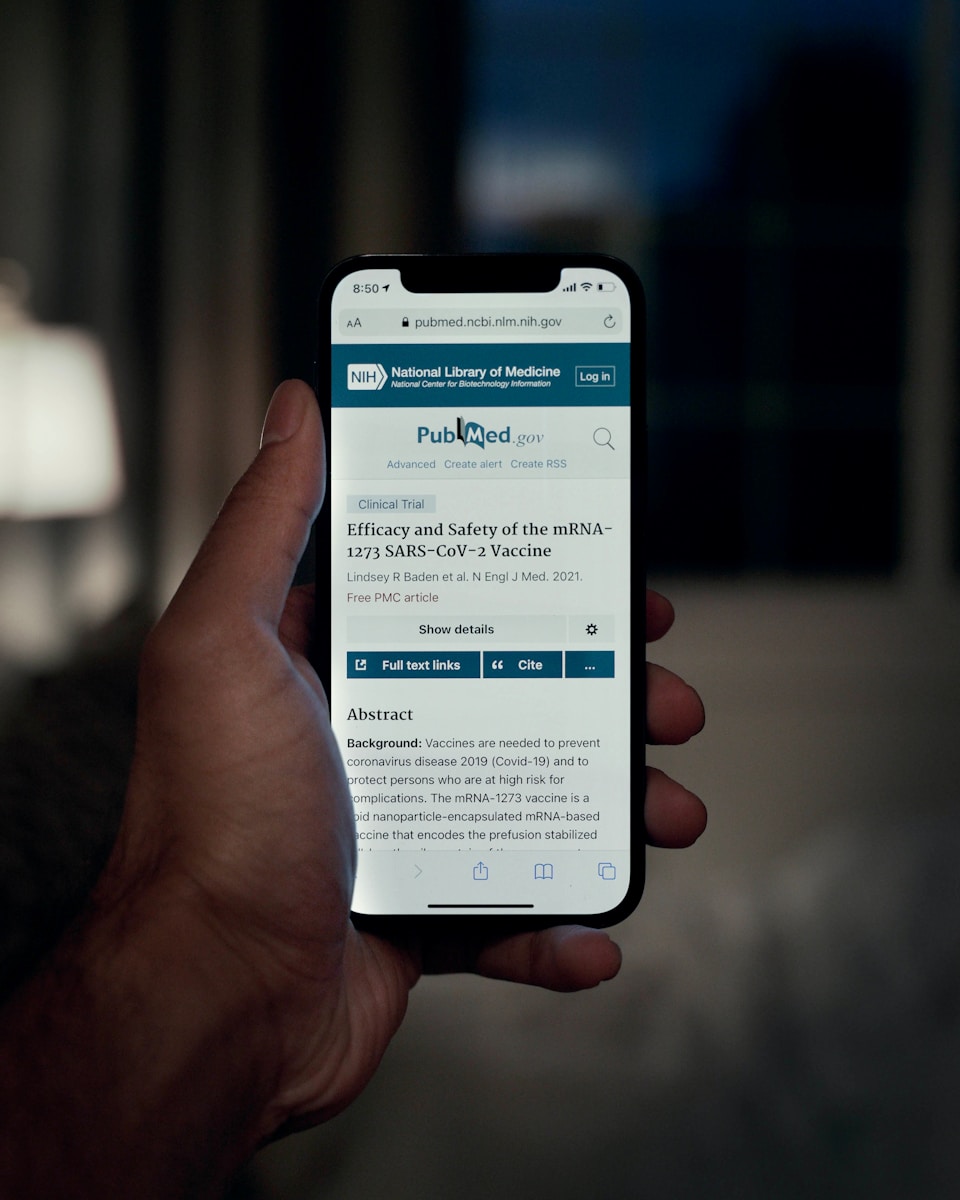
Introduction
In the realm of nutrition, there is a persistent black-and-white mentality that categorizes foods as either “good” or “bad.” This mindset is particularly prevalent amongst individuals diagnosed with diabetes, who are often told to limit certain foods, like carbohydrates and specifically, fruits. But is this advice really justified? In this article, we debunk this misconception and highlight six fruits that despite being labeled as “bad,” should actually be part of a balanced diet for those with diabetes.
The Truth About Fruit and Diabetes
Firstly, it’s important to understand that fruit is a form of carbohydrate, one of the three macronutrients essential to our diet. Carbohydrates are the body’s primary energy source and directly influence blood glucose levels. Hence, individuals with diabetes are often advised to pay particular attention to their carbohydrate intake.
However, not all carbohydrates are created equal. There are simple carbohydrates, which are quickly digested, and complex carbohydrates, which are digested more slowly due to their high fiber content. Fruits contain both forms of carbohydrates: simple sugars (fructose) and complex carbohydrates (fiber). And, it’s this fiber that can beneficially impact blood sugar levels.
6 Misunderstood Fruits to Include in a Diabetic Diet
1. Avocado
Avocados are unique amongst fruits due to their low sugar content and high healthy fat content. These unsaturated fats are known to promote heart health, which is crucial for individuals with diabetes who are at a higher risk of heart disease. Avocados also have a low glycemic response, meaning they won’t cause a rapid spike in blood sugar levels.
2. Banana
Bananas, particularly green bananas, are a good source of resistant starch, a type of fiber that has been found to reduce blood glucose levels and combat insulin resistance. Even ripe bananas, although higher in sugar, still provide a good source of fiber to support gut health and appetite regulation.
3. Mango
Mangoes are rich in fiber, which can aid in regulating blood glucose levels. A study has found that eating fresh mango increased satiety and demonstrated more stable glucose levels in comparison to dried mango and white bread.
4. Oranges
Oranges, famous for their vitamin C content, also contain approximately 3 grams of fiber per medium fruit. This dietary fiber helps to delay the absorption of sugar into the bloodstream, thereby aiding in glucose management.
5. Prunes
Also known as dried plums, prunes are a good source of fiber and contain no added sugar. Prunes can support gut health along with blood sugar balance, making them a good choice for people with diabetes.
6. Watermelon
Despite its sweet taste, watermelon is not high in sugar. Moreover, it has a low glycemic load, meaning it doesn’t cause a rapid increase in blood glucose levels. Watermelon also contains important antioxidants, like lycopene, that may benefit cardiovascular health.
Final Thoughts
Fruit, despite its sugar content, can and should be an integral part of a balanced diet for people with diabetes. Fruits come packed with fiber, vitamins, and minerals that can positively impact your health. So, don’t hesitate to include avocados, bananas, mangoes, oranges, prunes, and watermelon in your diet. Always remember to consult with a certified diabetes expert or registered dietitian nutritionist for personalized advice.



